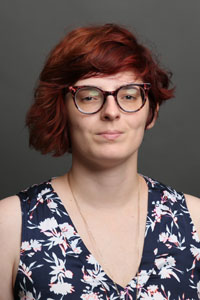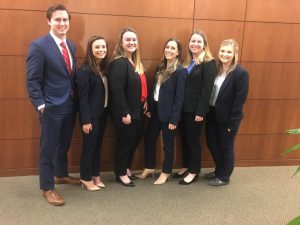The Process of Writing About Your Childhood Library
 How do you properly write about the Midwest? Since 2016, the Midwest and the Rust Belt are often lumped together as an area some people refer to as “Trump Country,” an anonymous area filled with diners of people who cling to guns and Bibles. There is nothing remotely interesting, other than possibly Chicago, and an article about how an area previously dismissed by coastal newspapers is up-and-coming because of places that will look good on Instagram. Belt Publishing, a small press in Cleveland, OH, was started in 2013 with the purpose of publishing the work and voices of those from the Midwest, Rust Belt, and elsewhere.
How do you properly write about the Midwest? Since 2016, the Midwest and the Rust Belt are often lumped together as an area some people refer to as “Trump Country,” an anonymous area filled with diners of people who cling to guns and Bibles. There is nothing remotely interesting, other than possibly Chicago, and an article about how an area previously dismissed by coastal newspapers is up-and-coming because of places that will look good on Instagram. Belt Publishing, a small press in Cleveland, OH, was started in 2013 with the purpose of publishing the work and voices of those from the Midwest, Rust Belt, and elsewhere.
Midwest Architecture Journeys, released in October 2019 from Belt Publishing, examines a diverse range of spaces that would possibly be overlooked in a survey of the buildings of the Midwest. Among the topics covered in the book are the Cahokia Mounds in southern Illinois, flea markets, Lillian Leenhouts’s work in Milwaukee, Fermilab, public housing towers, mausoleums, Iowa rest areas, parking lots in Flint, and a post office that became a public library in Waterloo, Iowa. The Waterloo Public Library is the subject of a piece I contributed to the book, “Please Return Again.”

 Our Student Guest Blogger for December is 1L Monica Reida. Prior to going to law school, Monica worked as a journalist, contributing to
Our Student Guest Blogger for December is 1L Monica Reida. Prior to going to law school, Monica worked as a journalist, contributing to 